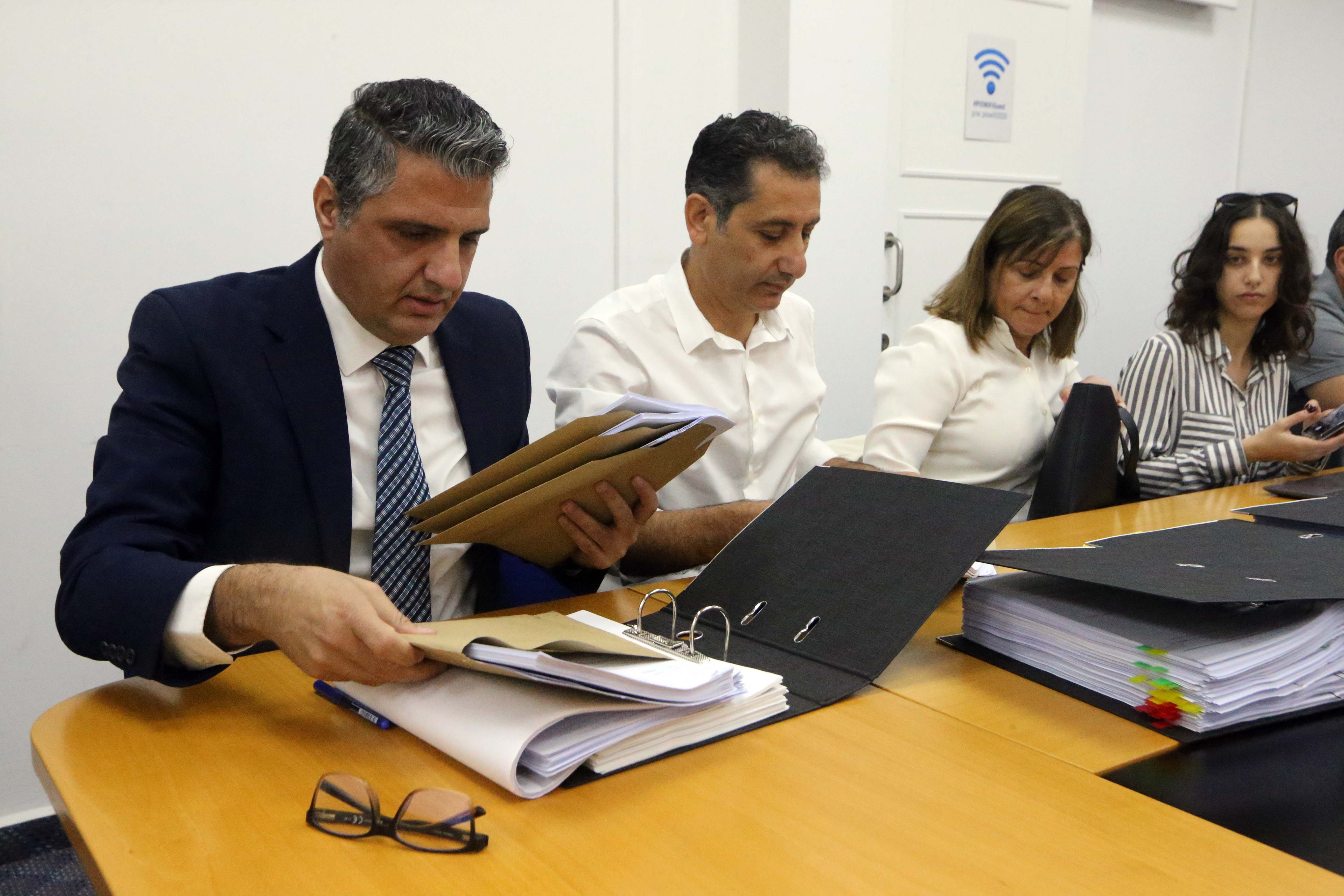A new hearing took place on Monday before the investigative committee examining vehicle imports into Cyprus and the handling of car recalls due to defective airbags.
At the centre of the latest proceedings was George Louka, the recently appointed director of the department of road transport (TOM), who was pressed on long-standing failures.
Among those present was Maria Loui, the mother of Kyriakos Oxinos, who died in a suspected faulty airbag incident. Importers, distributors and police officials also attended, raising critical questions over state oversight.
Louka, who took office on July 1, 2024, began by tracing the timeline of vehicle recall legislation. He noted that Cyprus first appointed an official authority in April 2004, but it wasn’t until 2011 that any recall law was enforced. A more detailed framework followed in 2017. He admitted that the full information chain regarding imported vehicles has never been properly closed.
“It appears it will not be closed,” he said. He rejected claims that there had been zero communication from TOM to the public before 2024 but acknowledged that current announcements now make front-page news.
Louka said TOM had taken action in April 2021, requesting vehicle distributors to share information on owners who had not responded to recall notices. Messages were then sent directly to those owners with registered mobile numbers. He also disclosed that, as early as 2015–2016, the department began requesting updates on Takata airbags after citizens flagged international reports linking them to deaths involving Honda and Toyota cars.
Pressed on whether TOM should have carried out its own risk assessments for recalled parts, Louka shifted responsibility to car manufacturers, saying they were legally bound to do so. Still, he noted that some brands had shared evaluations.
He revealed that, from November 16, 2022, technical inspections (MOTs) were blocked for cars linked to unresolved recall notices, based on data from certain dealerships. Louka admitted that public interest in recalls was low, and distributors often lacked full vehicle records.
Asked whether TOM could have done more, he responded simply: “It could.”
He confirmed that TOM had not received technical reports from the electromechanical services department regarding the 2017 airbag injury or the two deaths that followed. Instead, only correspondence was passed on.
When questioned about compliance with EU regulation 858/2018, Louka said no alternative national measures had been enacted, pending legal review. He added that the European Commission views recalls as a national responsibility, and Cyprus must set its own laws within the EU framework. TOM has held repeated talks with industry bodies, but Louka acknowledged the need for stronger public awareness campaigns.
“There is no way to inform the public about vehicle recalls from third countries, except through the dealer channel,” he said.
On whether the department had fulfilled its duty to protect the public, he said TOM had reviewed best practices from other countries.
“More can always be done,” he said.
Eleni Pipi-Hadjikosta, former acting director of TOM, told the committee that staffing shortages were a chronic issue.
“The department was always under scrutiny and under-resourced,” she said.
Louka concluded by stressing the scale of the problem, saying TOM has been trying since November to identify all affected vehicles. But, he said, cooperation from distributors was lacking. Contact had even been made with Japanese manufacturers, though some claimed it was not their legal duty to carry out recalls.







Click here to change your cookie preferences